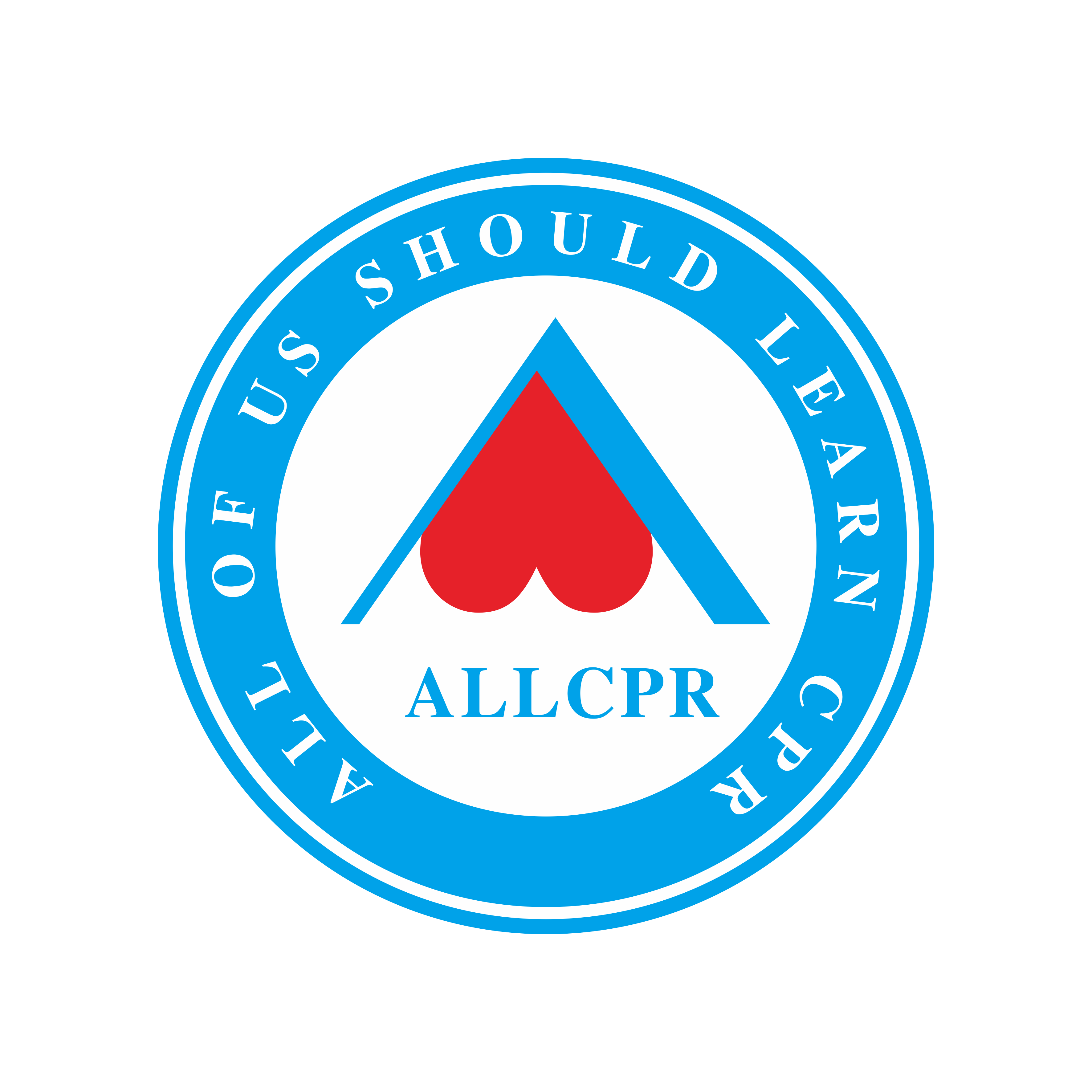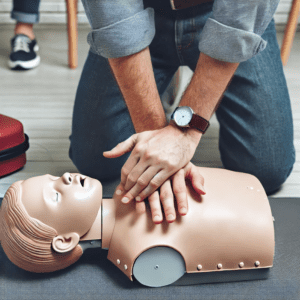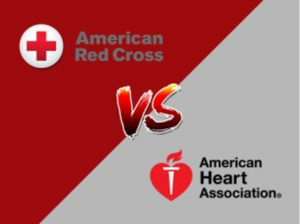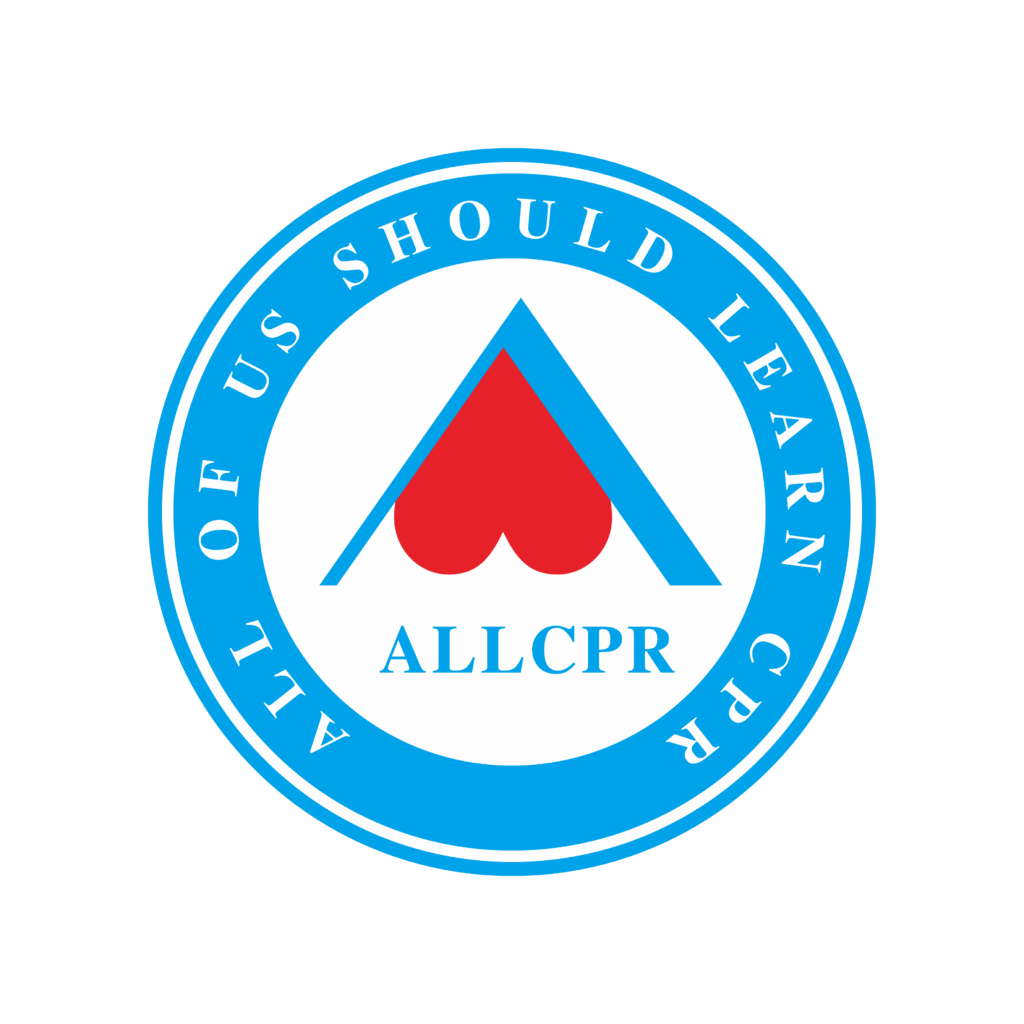Introduction
Knowing how to perform CPR on an infant can be the difference between life and death. If you’re a parent, caregiver, or work with children, enrolling in a CPR course for infants is crucial. These courses provide essential training in pediatric CPR and first aid, equipping you with the skills needed to respond effectively to emergencies. At All CPR San Jose, we offer comprehensive pediatric CPR classes designed to prepare you for any situation.
Why Choose Infant CPR Training?
Every year, thousands of infants experience emergencies that require CPR. Common causes include choking, respiratory distress, and cardiac arrest. By taking an infant CPR training course, you learn how to handle these situations confidently and calmly.
At All CPR San Jose, our baby CPR classes cover everything from basic first aid to advanced CPR techniques. Our certified instructors use hands-on training and realistic scenarios to ensure you’re ready for real-life emergencies. Whether you’re a parent, grandparent, or a childcare professional, these skills are invaluable.
What to Expect in Our Pediatric CPR Classes
Hands-On Learning
Our pediatric CPR classes focus on practical, hands-on learning. You’ll practice chest compressions, rescue breathing, and use an AED (Automated External Defibrillator) on infant mannequins. This experience helps build muscle memory, so you can perform these life-saving techniques correctly under pressure.
Certified Instructors
All courses at All CPR San Jose are taught by certified instructors with years of experience in emergency care and pediatric health. Our instructors follow the latest guidelines from the American Heart Association, ensuring that you receive the most up-to-date training.
Flexible Learning Options
We understand that everyone has a busy schedule. That’s why we offer both in-person and online infant CPR training. Choose the format that best fits your lifestyle and learning preferences. For those who prefer a hybrid approach, we also provide blended learning options that combine online coursework with hands-on skills sessions.
Key Topics Covered in Infant CPR Training
1. Recognizing an Emergency
Learn to quickly identify signs of breathing problems, choking, or cardiac arrest in infants. Early recognition is the first step in saving a life.
2. Performing CPR on Infants
Master the correct techniques for chest compressions and rescue breathing specifically for infants, as these differ from adult CPR.
3. Using an AED
Understand how to safely use an AED on infants and young children, a crucial skill for restoring normal heart rhythms during cardiac arrest.
4. Pediatric First Aid
Gain knowledge in treating common pediatric emergencies such as burns, fractures, and allergic reactions. This part of the training ensures you’re prepared to handle a wide range of situations.
Benefits of Learning Pediatric First Aid
- Peace of Mind: Knowing you have the skills to handle a medical emergency provides immense peace of mind, especially for parents and caregivers.
- Quick Response: The faster CPR is administered, the better the chances of survival and recovery for an infant.
- Enhanced Safety: By completing our pediatric first aid and CPR courses, you’re contributing to a safer environment for all children.
How to Enroll in Our CPR Courses
Ready to learn these vital skills? All CPR San Jose offers a range of classes tailored to your needs. Visit our website at https://allcprsanjose.org/ to explore our course offerings and find the right class for you. You can also register directly at https://allcpr.enrollware.com/calendar?location=184881.
Conclusion
Don’t wait for an emergency to happen. Be prepared to act confidently and effectively. Enroll in a CPR course for infants today and gain the skills necessary to save a life. At All CPR San Jose, we’re committed to providing top-quality training that empowers you to make a difference. Sign up now and take the first step toward becoming a certified lifesaver.






